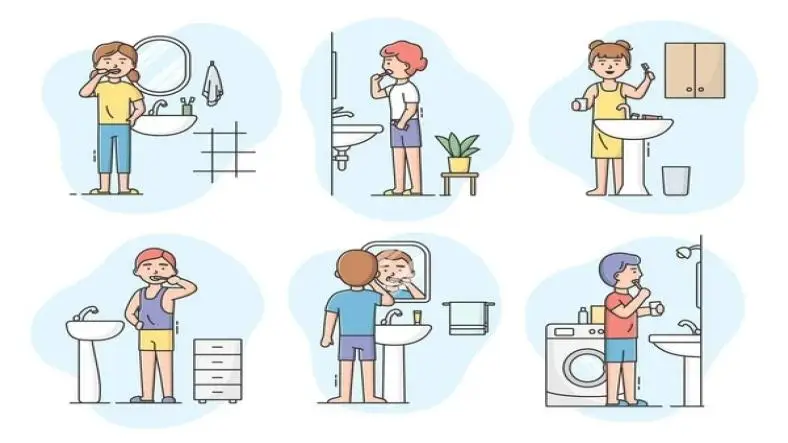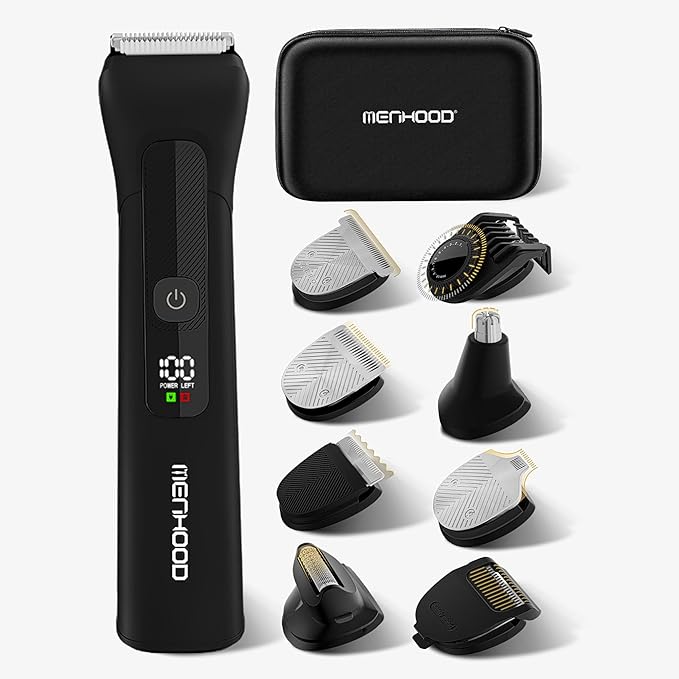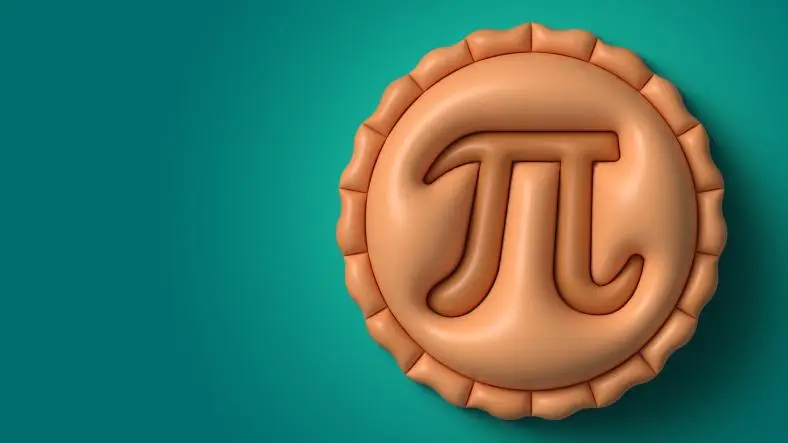Achieving and maintaining a balanced oral care routine is essential for preserving your dental health and overall well-being. A well-rounded routine not only prevents dental issues such as cavities and gum disease but also supports fresh breath and overall health.
Here’s a article to help you establish and maintain a balanced oral care routine.
1. Understand the Fundamentals of Oral Care
A balanced oral care routine involves several key components:
- Brushing:
- Proper brushing removes plaque and prevents tooth decay.
- Brush at least twice a day with fluoride toothpaste, using a toothbrush with soft bristles.
- Flossing: Daily flossing removes plaque and food particles from between teeth and under the gumline where a toothbrush can’t reach.
- Rinsing: Use an antimicrobial mouthwash to reduce bacteria, strengthen teeth and freshen breath.
2. Choose the Right Toothbrush and Toothpaste
- Toothbrush:
- Opt for a toothbrush with soft bristles to protect gums and enamel.
- Electric toothbrushes can be more effective at removing plaque compared to manual brushing.
- Toothpaste:
- Use fluoride toothpaste to help prevent tooth decay and strengthen enamel.
- If you have specific needs, such as sensitivity or whitening, choose a toothpaste formulated for those concerns.
Google Ad 1
3. Master Proper Brushing Techniques
- Technique:
- Hold the toothbrush at a 45-degree angle to the gumline.
- Use gentle, circular motions to clean the surfaces of your teeth.
- Avoid aggressive brushing, which can damage enamel and gums.
- Timing:
- Brush for at least two minutes, ensuring that all surfaces of your teeth are cleaned.
- Divide your mouth into quadrants and spend approximately 30 seconds on each.
4. Incorporate Flossing into Your Daily Routine
- Method:
- Use about 18 inches of floss, wrapping it around your middle fingers.
- Gently slide the floss between your teeth and curve it around each tooth, moving it up and down to remove plaque and debris.
- Alternatives: If traditional floss is challenging, consider floss picks or interdental brushes, which can be easier to maneuver.
5. Use Mouthwash Effectively
- Types: Choose mouthwash based on your needs antimicrobial for reducing bacteria, fluoride for strengthening teeth, or alcohol-free for a gentler option.
- Application:
- Rinse with mouthwash for 30 seconds to one minute, following the instructions on the label.
- Avoid eating or drinking for at least 30 minutes afterward to maximize the benefits.
Google Ad 2
6. Maintain a Healthy Diet
- Limit Sugars:
- Reduce intake of sugary foods and beverages, which can contribute to tooth decay.
- Opt for healthier snacks like fruits, vegetables and nuts.
- Stay Hydrated:
- Drink plenty of water to help wash away food particles and bacteria.
- Water also helps maintain saliva flow, which is essential for oral health.
7. Schedule Regular Dental Check-Ups
- Frequency:
- Visit your dentist every six months for routine check-ups and cleanings.
- Regular visits help detect problems early and ensure your teeth and gums remain healthy.
- Professional Care: During these visits, your dentist can provide professional cleanings, fluoride treatments and assessments of your oral health, as well as address any concerns you may have.
8. Address Special Oral Health Needs
- Orthodontics: If you have braces or other orthodontic appliances, follow your orthodontist’s specific care instructions to maintain oral hygiene and prevent complications.
- Dentures and Implants: For those with dentures or implants, adhere to cleaning and maintenance guidelines provided by your dentist to ensure optimal function and hygiene.
Google Ad 3
9. Practice Good Oral Hygiene Habits
- Avoid Tobacco: Refrain from smoking or using tobacco products, as they can lead to gum disease, oral cancer and other health issues.
- Protect Your Teeth: Use a mouthguard if you participate in sports or grind your teeth at night to protect against damage.
10. Educate Yourself and Your Family
- Oral Health Education: Stay informed about oral health practices and share this knowledge with family members to ensure everyone maintains good oral hygiene.
- Encourage Healthy Habits: Foster a culture of oral health within your family by setting a positive example and encouraging regular brushing, flossing and dental visits.
Conclusion
A balanced oral care routine is vital for maintaining dental health and overall well-being. By incorporating proper brushing and flossing techniques, choosing the right products, maintaining a healthy diet and scheduling regular dental check-ups, you can achieve and sustain optimal oral health. Consistency and commitment to these practices will help prevent dental issues, promote fresh breath and support your overall health. Prioritizing oral care as part of your daily routine ensures a bright, healthy smile and contributes to your overall quality of life.
Thanks for reading the dentofacts article, for more such articles read our PeoplesBLOG.















